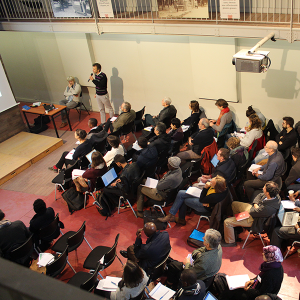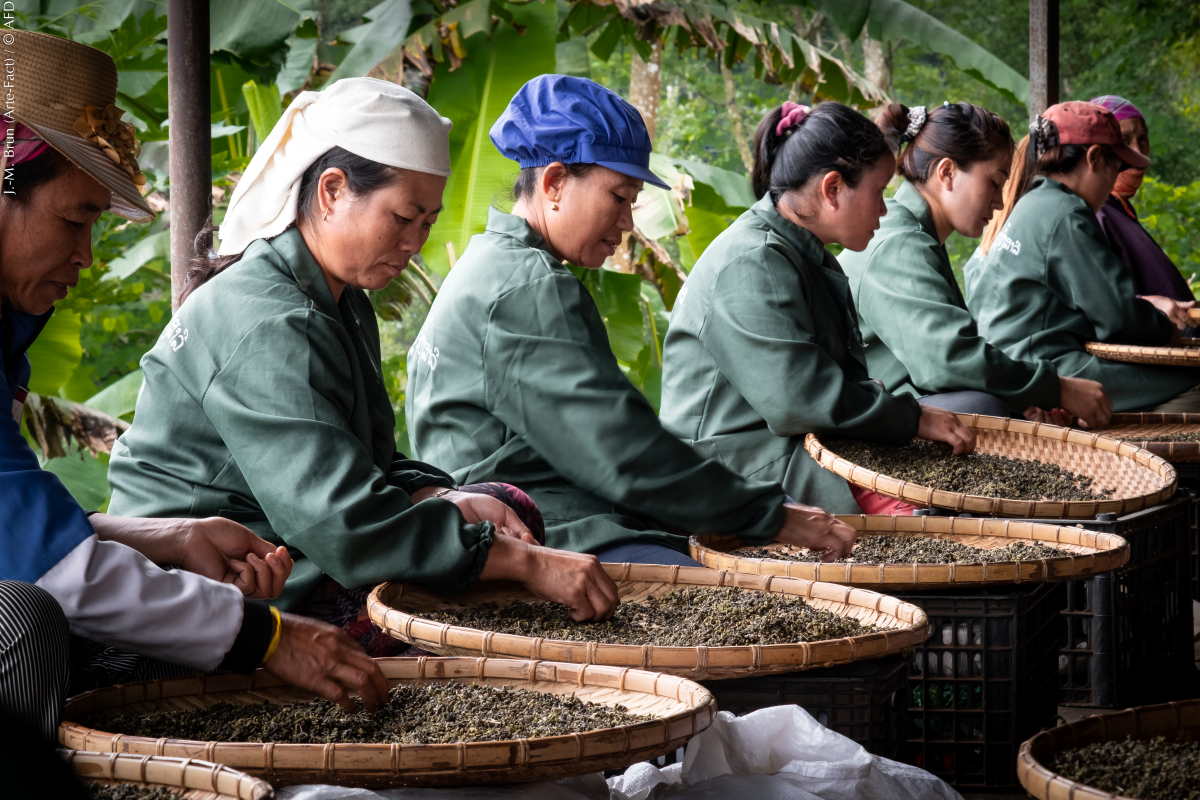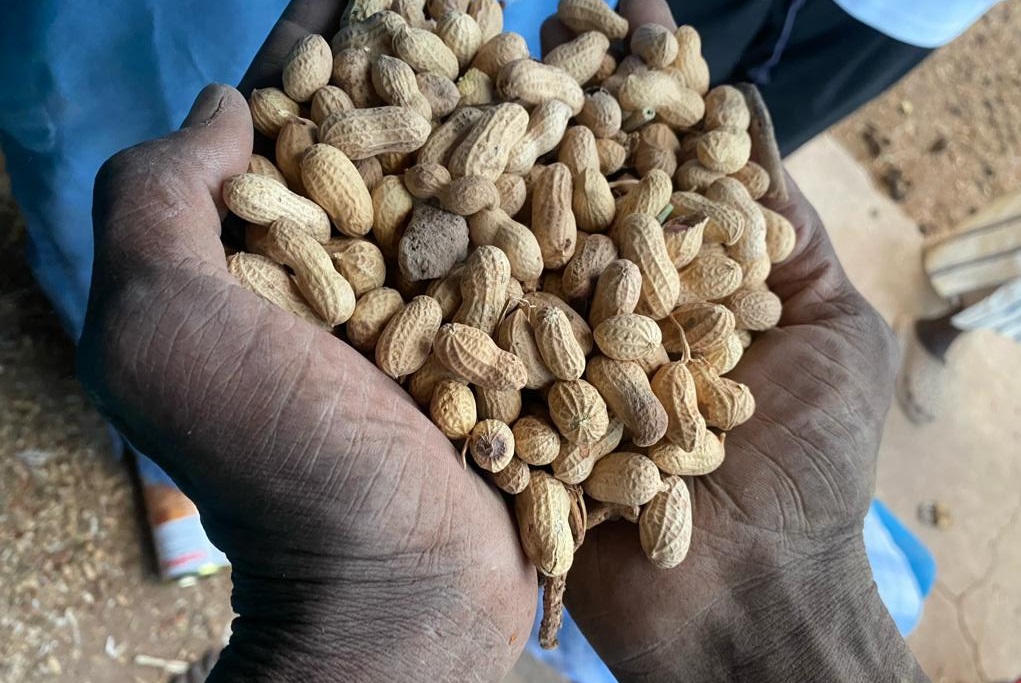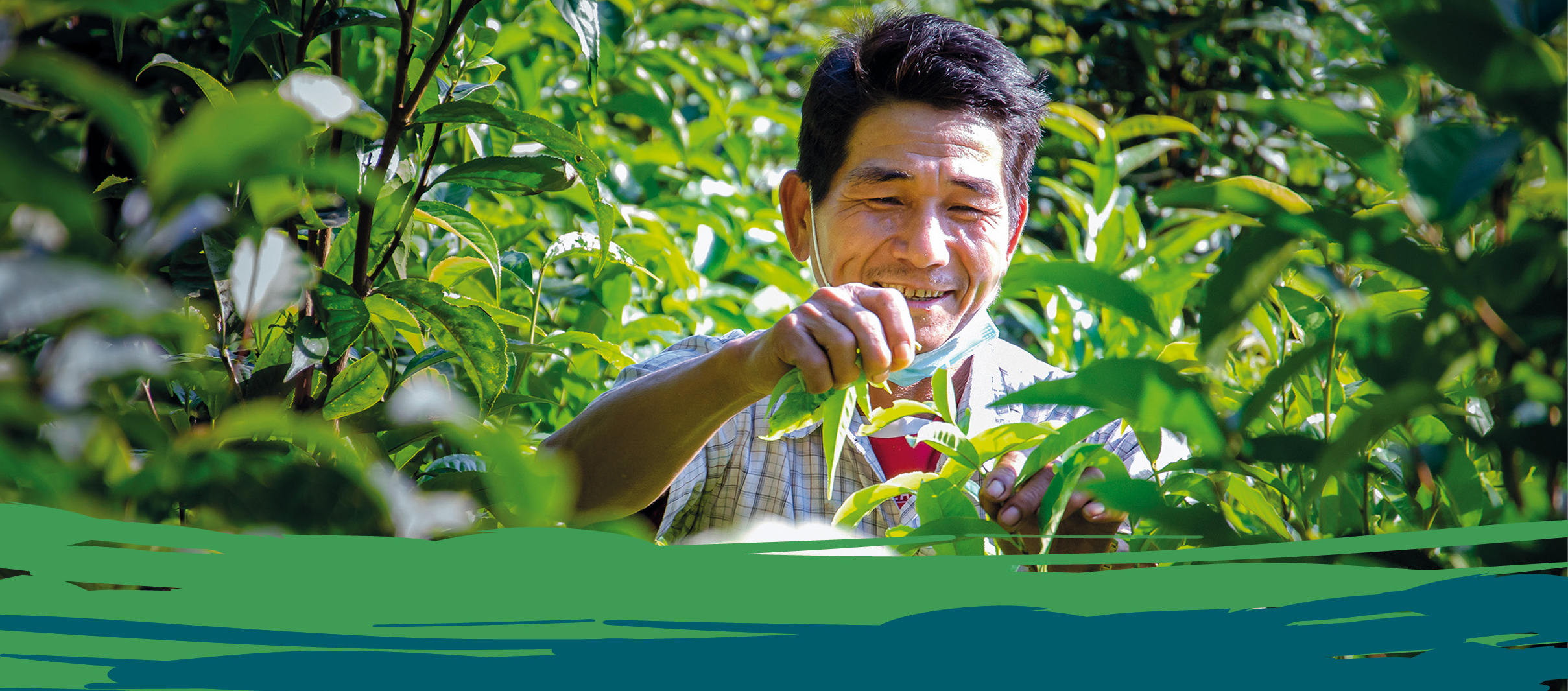Today, agroecology has become a major political issue for agricultural development in developing countries. To support its growth, the Work group on agroecological transitions (GTAE) organised a discussion workshop with the support of Agence française de développement (AFD) and the French fund for the world environment (FFEM). The objective was to define methods to better evaluate agroecological practices.
This event took place on 14 and 15 December 2017 at the Campus du jardin d’agronomie tropicale in Nogent-sur-Marne, on the outskirts of Paris, in France. It brought together more than one hundred international participants: development stakeholders, researchers, members of farmers’ organizations, and representatives from public authorities.
Four NGOs (Agrisud, AVSF, Cari and GRET) initiated this workshop: since 2015, they have been working together as the Work group on agroecological transitions (GTAE), which aims to promote agroecological practices in developing countries, evaluate their performance and identify levers for their development.
“The transition to agroecology is the obvious strategy to meet the growing challenges of food security, the fight against poverty and the resilience of societies in their territory, faced with a climate that is rapidly changing”, explains Patrice Burger, chairperson of Cari.
Agroecological practices offer the advantage of increasing the performance of family farms and strengthening their resilience to cope with climate and economic risks, while preserving the environment and natural resources. These facts were partly verified as part of the project entitled “Capitalisation of stakeholder experiences for the development of resilient agroecological techniques in West Africa (Calao)”, initiated in 2017 by GTAE and various NGOs and universities in this region, with support from AFD and the Economic Community of West African States (ECOWAS).
“With this project, we developed a method to evaluate factors that favour and limit the development of agroecology and its socio-economic and agro-environmental effects”, says Laurent Levard, programme manager with GRET.
In organising this workshop, GTAE wanted to work in greater detail on the methodological definition initiated with the Calao project, by sharing its results and encouraging dialogue between all stakeholders involved in research and development. The workshop made it possible to highlight the broad range of existing methods, as well as the complementarities between them, which should make it possible to enrich evaluation of the impact of agroecology.
“We especially wanted to highlight the characteristics specific to the evaluation of agroecological transitions: coordinating several plot/farm/territory/value chain scales, look at trajectories of change over time, measure performances using specific indicators: yield obviously, but also generation of income and added value, autonomy of farms, conservation/restoration of biodiversity, of natural resources and of soil fertility, management of work and arduous working conditions, the role and work of women and young people in family farms, quality of products and optimum economic use of potential, protection of farming knowledge and culture, etc.”, specifies Bertrand Mathieu, programme coordinator with AVSF.
This workshop is an important step for GTAE: the group is continuing its work on the identification of appropriate evaluation methods, tools and indicators that can be easily mobilised by development practitioners (producers’ organisations, NGOs, etc.). Tests in various fields will also be conducted shortly. This work should lead to the production of new studies and references with a view to enabling political deciders, stakeholders promoting agroecology and farmers’ organisations to better evaluate its impacts and the factors for its development.
“This workshop made it possible to lay the bases for work on methods to collect and analyse agroecological practices in order to contribute to a scientifically validated argument to make future choices in terms of public policies”, says Sylvain Berton, director of operations with Agrisud international.
Organisation of the workshop was coordinated by AVSF in partnership with Agrisud, Cari and GRET, and funded by Agence française de développement and the French fund for the world environment.
Press contact:
Edouard Couturier, communication manager with AVSF: +33 (0)1 43 94 73 48, e.couturier@avsf.org
Agrisud, AVSF, Cari and GRET are four French NGOs committed to supporting family and small farming and agroecology, in both technical (agronomical practices) and socio-economic terms (organisation of value chains and services upstream and downstream). Together with their partners, they possess a wealth of practical experience in various fields internationally. By creating GTAE in 2016, they came together to use research in order to measure the impact of agroecology and validate the conditions required for its dissemination in rural populations and territories.





